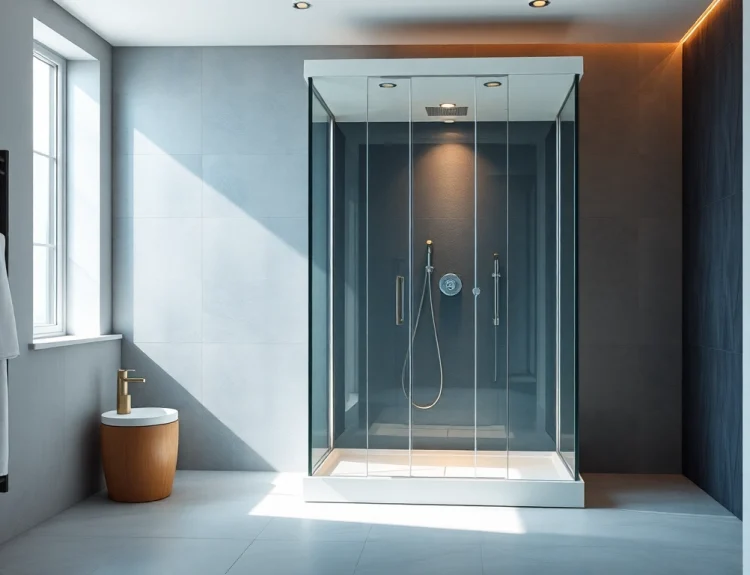Understanding Luxury: Definitions and Cultural Significance
Luxury is a multifaceted concept encompassing the essence of comfort, exclusivity, and status. It goes far beyond mere possession; it is a lifestyle, an experience, and often an aspiration. The term „luxury“ can denote items or services that provide great comfort, especially those that are expensive and beautifully crafted. In an increasingly globalized world, understanding luxury requires delving into its definitions, cultural perspectives, and roles in modern society.
What is Luxury?
At its core, the definition of luxury varies widely depending on cultural, social, and personal factors. In economic terms, a luxury good is one for which demand increases disproportionately as income rises. This means that as people become wealthier, they tend to spend more on these items, viewing them as both pleasurable and essential for a certain lifestyle. Luxury goods include high-end clothing, premium automobiles, gourmet food, and exotic travel experiences.
Cultural Perspectives on Luxury
Luxury is deeply rooted in cultural narratives and historical contexts. For example, in Western societies, luxury has often been associated with material wealth and visible indicators of success, such as designer brands and opulent homes. Meanwhile, in Eastern cultures, such as in Japan, the concept of luxury can extend beyond material goods to include values such as craftsmanship, attention to detail, and harmony with nature.
Moreover, luxury also reflects collective ideals, serving as a means of expressing identity and social status. The quest for unique and high-end items can stem from a desire to stand out, showcasing one’s taste and lifestyle to peers and society as a whole.
The Role of Luxury in Modern Society
In contemporary society, luxury plays a significant role beyond simple consumption. It acts as a catalyst for innovation, with brands pushing the envelope in design, technology, and sustainability to meet the expectations of discerning consumers. Furthermore, today’s luxury consumer is more informed and values authenticity, making brand narratives essential to successful luxury marketing strategies.
The Economic Impact of Luxury Goods
Luxury Goods Market Overview
The global luxury market has seen remarkable growth, with projections indicating a steady increase in demand for luxury goods across various segments, including fashion, automobiles, and hospitality. According to industry reports, the luxury market is expected to reach a value of approximately €1.2 trillion by 2025, signifying not just a trend, but a shift in how luxury is perceived and purchased.
Consumer Behavior in Luxury Shopping
Today’s luxury consumers are not just purchasing products; they are investing in experiences. The behavior of consumers is shifting toward valuing experiences over possessions. This trend is reflected in the rise of luxury travel, bespoke services, and experiential dining as primary drivers of the luxury market. Brands are adapting to these changes, creating offerings that resonate with the desire for unique and memorable experiences.
How Income Levels Affect Luxury Demand
Income levels play a vital role in shaping the luxury goods market. As disposable incomes rise, particularly in emerging markets, the demand for luxury goods and services increases significantly. This phenomenon is particularly evident in regions like Asia-Pacific, where a burgeoning middle class seeks to emulate the lifestyles of the wealthy. Brands catering to this demographic focus on accessibility and inclusivity while maintaining exclusivity.
Luxury Brands: Icons of Affluence
Defining Characteristics of Luxury Brands
Luxury brands are characterized by their ability to convey quality, exclusivity, and prestige. They often incorporate fine craftsmanship, heritage, and storytelling into their identities. These brands prioritize maintaining a strong emotional connection with consumers through their marketing, often invoking a sense of aspiration and lifestyle that transcends the product itself.
Marketing Strategies of Leading Luxury Brands
Successful luxury brands utilize various marketing strategies, including the use of limited-edition collections and collaborations with high-profile designers or celebrities to create buzz and desirability. They also heavily invest in online presence and social media marketing to engage younger audiences who seek authentic connections with brands.
Moreover, personalization is becoming increasingly vital. Brands that can offer bespoke services or tailor experiences to individual preferences generally achieve higher customer satisfaction and loyalty rates.
Case Studies: Successful Luxury Brand Campaigns
Several luxury brands serve as case studies for successful marketing and brand positioning. For instance, Gucci rejuvenated its brand image under the creative direction of Alessandro Michele by embracing eclectic aesthetics and a celebration of self-expression. This strategy often resonates with younger customers, elevating the brand’s desirability.
Similarly, Burberry’s innovative use of social media and digital campaigns has transformed its communication strategy, integrating traditional luxury principles with modern technology. By streamlining the customer journey from online engagement to in-store experience, Burberry has effectively blended the two realms, driving sales and enhancing brand loyalty.
Experiencing Luxury: From Products to Services
Luxury Products: What Makes Them Unique?
Luxury products distinguish themselves through superior quality and unparalleled craftsmanship. These items often embody a rich heritage and are meticulously designed, using high-quality materials that justify their premium pricing. Brand storytelling plays a crucial role here, as luxury brands leverage their history and values to create a narrative that resonates with consumers.
Luxury Services That Enhance Lifestyle
Beyond products, luxury services have gained prominence. High-end hospitality, exclusive travel experiences, and premium customer service are integral components of luxury living. Many luxury brands have expanded their offerings to include concierge services, private shopping experiences, and tailored travel itineraries that cater to consumer desires for exclusivity and personalization.
The Importance of Customer Experience in Luxury
The customer experience is vital in the luxury sector. Brands that prioritize exceptional customer service typically enjoy higher loyalty rates and positive brand perception. This focus extends to every touchpoint, from the initial contact through marketing to the post-purchase experience. In luxury retail, creating an environment that feels exclusive and personalized can significantly enhance customer satisfaction and encourage repeat business.
The Future of Luxury: Trends and Innovations
Emerging Trends in Luxury Markets
The luxury sector is constantly evolving. Emerging trends such as digital transformation, the rise of sustainability-focused luxury, and a growing emphasis on health and wellness are shaping future offerings. Consumers are increasingly making purchasing decisions based on values and authenticity, prompting brands to align their practices with sustainable initiatives.
The Role of Sustainability in Luxury
Sustainability is no longer a peripheral issue for luxury brands; it has become a core component of their strategy. From sourcing materials responsibly to ensuring fair labor practices and reducing carbon footprints, luxury brands are taking proactive measures to appeal to the environmentally conscious consumer. Consumers now expect transparency, and luxury brands that embrace sustainable practices can strengthen their reputations while attracting a broader customer base.
Technological Advancements in Luxury Shopping
Innovation and technology are transforming the luxury shopping experience. Virtual reality (VR) and augmented reality (AR) are enhancing how consumers interact with products, allowing them to visualize items in their lives before purchasing. Additionally, artificial intelligence (AI) is improving customer service through personalized recommendations and more efficient, tailored shopping experiences. These technological advancements create new opportunities for luxury brands to connect with customers and enhance the shopping journey.



